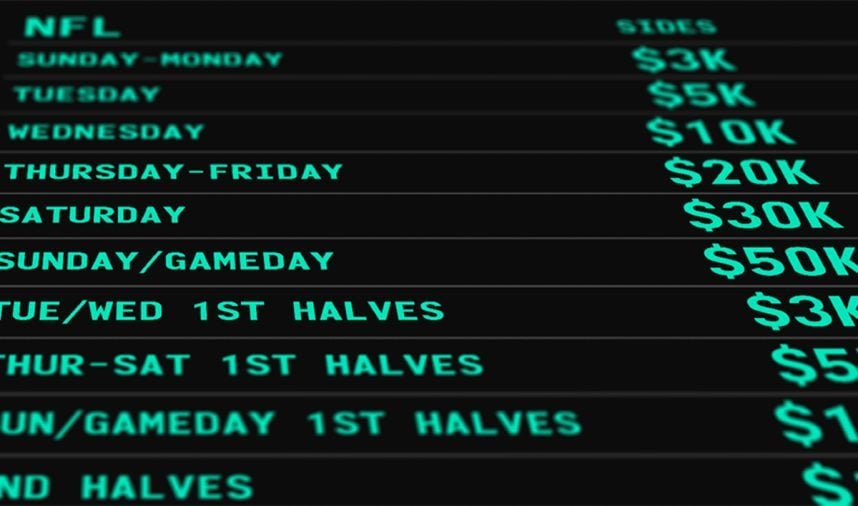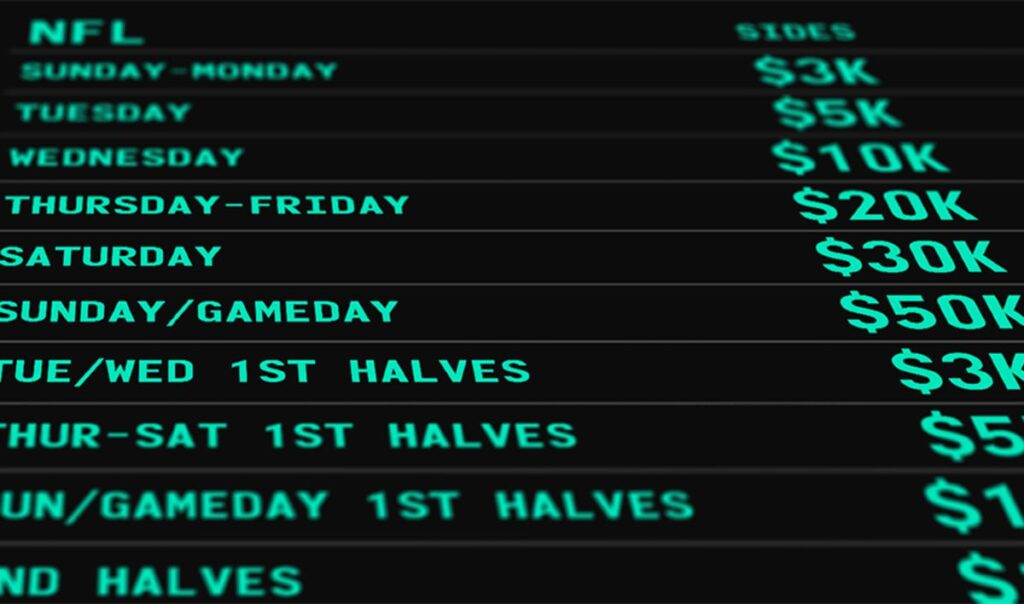Posted on: March 29, 2024, 02:30h.
Last updated on: March 29, 2024, 02:38h.
Sports bettors who win more than they should in the eyes of oddsmakers are often limited or even banned from continuing to wager. It’s a practice that most legal sports betting states permit, but gaming regulators in Massachusetts are weighing whether to change such practices.

During the Massachusetts Gaming Commission’s (MGC) Thursday meeting, the topic of operators limiting bettors was discussed toward the end of the more than two-hour gathering. The agency heard from Andrew Steffen, the MGC’s sports wagering operations manager, who explained that the conversation was initiated last year by a member of the public who questioned whether the business practice was permitted under Massachusetts’ sports gambling regulations.
Steffen told the commissioners that the Sports Wagering Division recently concluded that the practice is permissible under the state’s sports wagering rules. Steffen cited the MGC’s “Minimum and Maximum Wagers: Additional Wagering Requirements” statute.
“Unless otherwise directed by the Commission, there is no limitation as to the minimum or maximum wager a Sports Wagering Operator may accept,” the statute reads. “This rule does not preclude a Sports Wagering Operator from establishing its own minimum or maximum wagers, or limiting a patron’s Sports Wager for reasons considered necessary or appropriate by the Sports Wagering Operator.”
Sportsbooks Claim Righteous Reasons
Steffen told the MGC commissioners and Interim Executive Director Jordan Maynard, who earlier this month was appointed by Gov. Maura Healey (D) to the position following Cathy Judd-Stein’s retirement, that his division met with the MGC’s legal team as well as sportsbooks to determine whether a regulatory change might be warranted.
Steffen said sportsbooks claimed that they set limits on wagers for “risk management” and to “preserve the integrity of the sporting event.” The licensees also said limits encourage “fair competition” and prevent “undue influence of bets on the outcome of the game.”
The sportsbooks, Steffen continued, did concede that they also limit bets on a per-customer basis. Much to the irritation of sharps and professional bettors, Massachusetts sportsbooks said proficient bettors are sometimes limited.
The sportsbook reps told Steffen that their sports wagering terms and conditions explicitly state that they have the regulatory right to limit bettors. Boston-based DraftKings provided its house rules agreement that states the book “reserves the right to limit the maximum bet amount … at its sole discretion.”
Conversation Ongoing
Commissioners raised questions about whether sportsbooks limit bettors who regularly lose as often as they do with those who regularly win. With March being Problem Gambling Awareness Month and with responsible play in focus, Commissioner Eileen O’Brien said the operators might have too much discretion.
“There’s a deeper issue here in terms of individual patrons. Their house rules talk very vaguely about management in their sole discretion. What I’m curious to know as a commissioner is, ‘What’s the basis [for limiting]?’” O’Brien asked.
How and why are they making these limitations is critical to whether we need to amend this regulation and help us as we go forward with the research with AI and whether or not we’ll be moving into a regulation that would require some of the information that may very well be going into these limitation determinations to proactively flag problem gamblers,” O’Brien continued.
The commissioners plan to continue the conversation at a future meeting. Those talks could be held behind closed doors, as O’Brien suspects the sportsbooks will claim they determine whether to limit through proprietary means.




